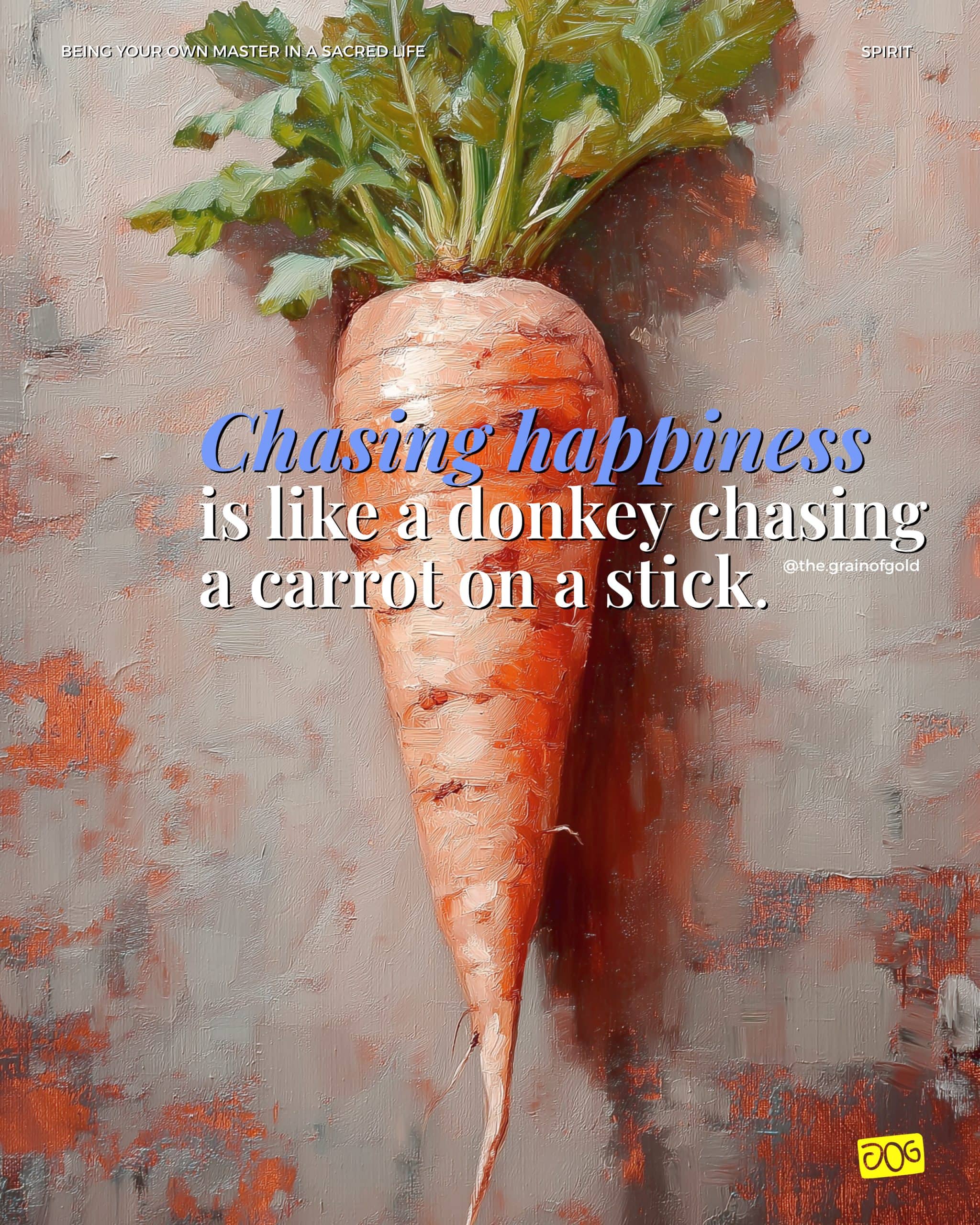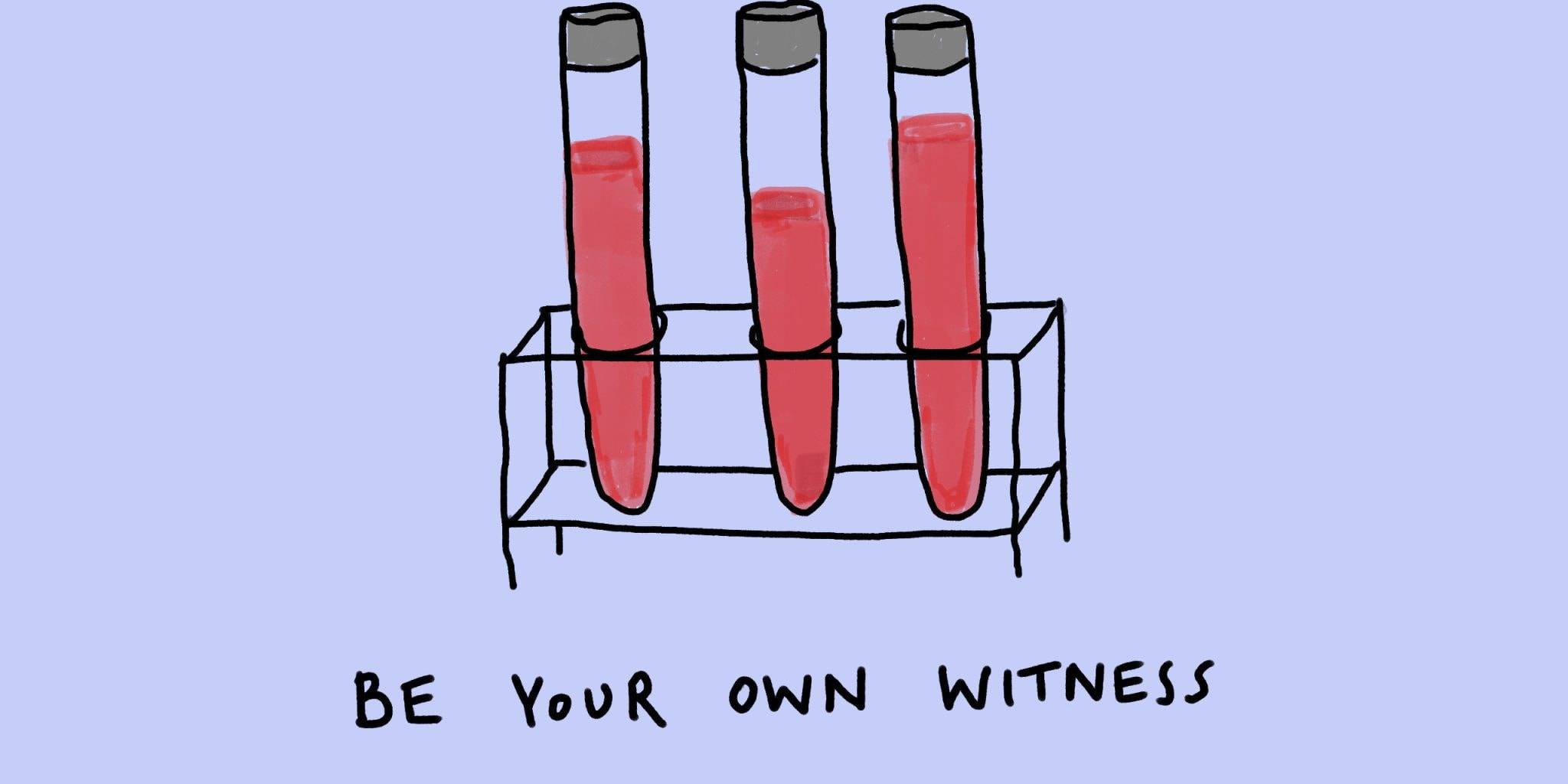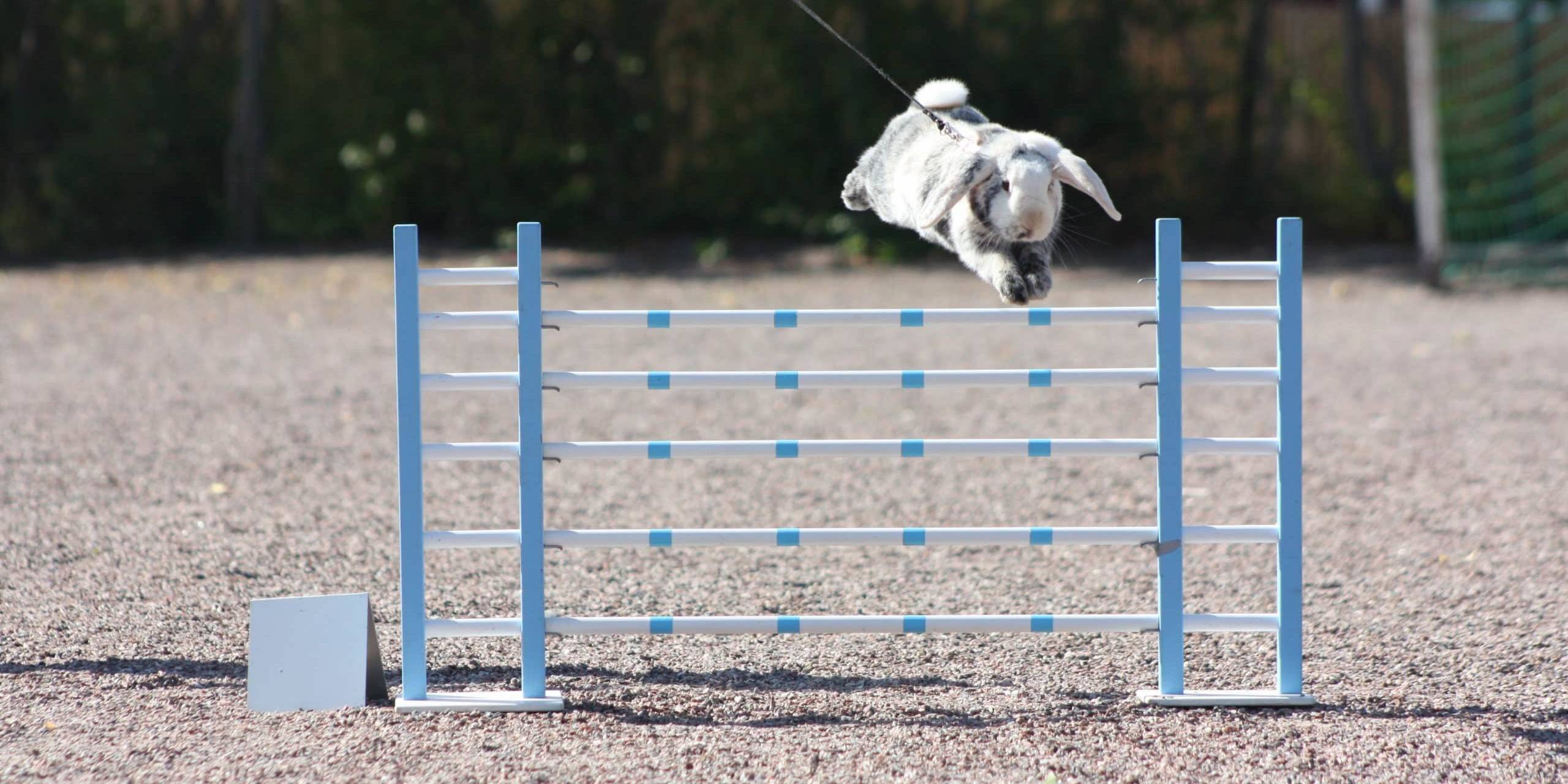Stop Chasing Conditional Happiness

The thought, ‘If XYZ happens, then I’ll be happy,’ is so common that we rarely question it. But the flaw is clear: we place a condition on our happiness. Time and again, we’ve experienced this—XYZ arrives, and almost immediately, we set our sights on the next goal. We may feel a moment of happiness, but it’s fleeting, if it even comes at all. Our eyes, minds, and hearts are already chasing the next thing. We want more, and what we have never feels sufficient. In this way, we chase happiness like a donkey chasing a carrot on a stick. For every step we take toward it, the carrot moves one step farther away.
The Myth of “Having More”
Reflect on Your Conditioning
-
- Ask yourself: What beliefs or societal norms have shaped my desire for XYZ?
- Identify whether your motivation to chase XYZ is intrinsic (aligned with your true values and passions) or extrinsic (driven by external approval, status, or pressure).
By reflecting on this, you can uncover the roots of your chase and decide whether it’s truly worth pursuing or just a conditioned response.
We want more, and what we have never feels sufficient.
Breaking the Conditioning That Keeps Us in the Loop
- Recognize the Pattern
- Notice when you think, “If XYZ happens, then I’ll be happy.” Pause and reflect on how often this thought occurs.
- Challenge Conditional Thinking
- Ask yourself: Why am I attaching my happiness to this condition? Is it really necessary for my contentment?
- Write down examples from the past when you achieved something and quickly moved on to the next goal. What did that reveal about your happiness?
- Shift to the Present Moment
- Practice finding joy in the here and now. Ask yourself: What can I appreciate about this moment, just as it is?
- Engage your senses: What do you see, hear, or feel that brings even the smallest sense of contentment?
Remind yourself: What I have is enough.
- Detach from the Carrot
- Reframe your goals: Instead of “When I get XYZ, I’ll be happy,” say, “I can work toward XYZ, but my happiness isn’t dependent on it.”
- Focus on the journey rather than the destination. Celebrate small steps instead of fixating on the end goal.
- Cultivate Gratitude for What You Have
- List three things every day that bring you joy or comfort right now, no matter how small.
- Remind yourself: What I have is enough.
- Address the “Wanting More” Mentality
- Reflect on what “more” represents for you. Is it security, recognition, love, or something else? Seek ways to nurture that feeling directly instead of chasing external achievements.
Happiness is not meant to be permanent. It ebbs and flows, like any other emotion.
- Embrace the Impermanence of Happiness
- Understand that happiness is not meant to be permanent. It ebbs and flows, like any other emotion. Learn to appreciate moments of contentment without clinging to them.
- Practice Mindful Living
- Bring awareness to simple daily activities: eating, walking, or even breathing. This grounds you in the present, reducing the endless chase.
- Redefine Success
- Redefine happiness not as a destination but as a state of being. Shift your focus from “having XYZ” to “being content with myself and my life as it unfolds.”
- Let Go of the Carrot
- Visualize letting go of the carrot entirely. Imagine yourself free from the endless chase. What does that feel like?
You may also like
Holding the tension of opposing feelings
If only we could stay centered, holding opposing feelings…
The invisible wounds caused by emotional abuse
Having grown up in an abusive environment, I understand…
The greatest challenge for humanity’s survival – part 2
Examples of humans introducing the European Rabbit as a…




